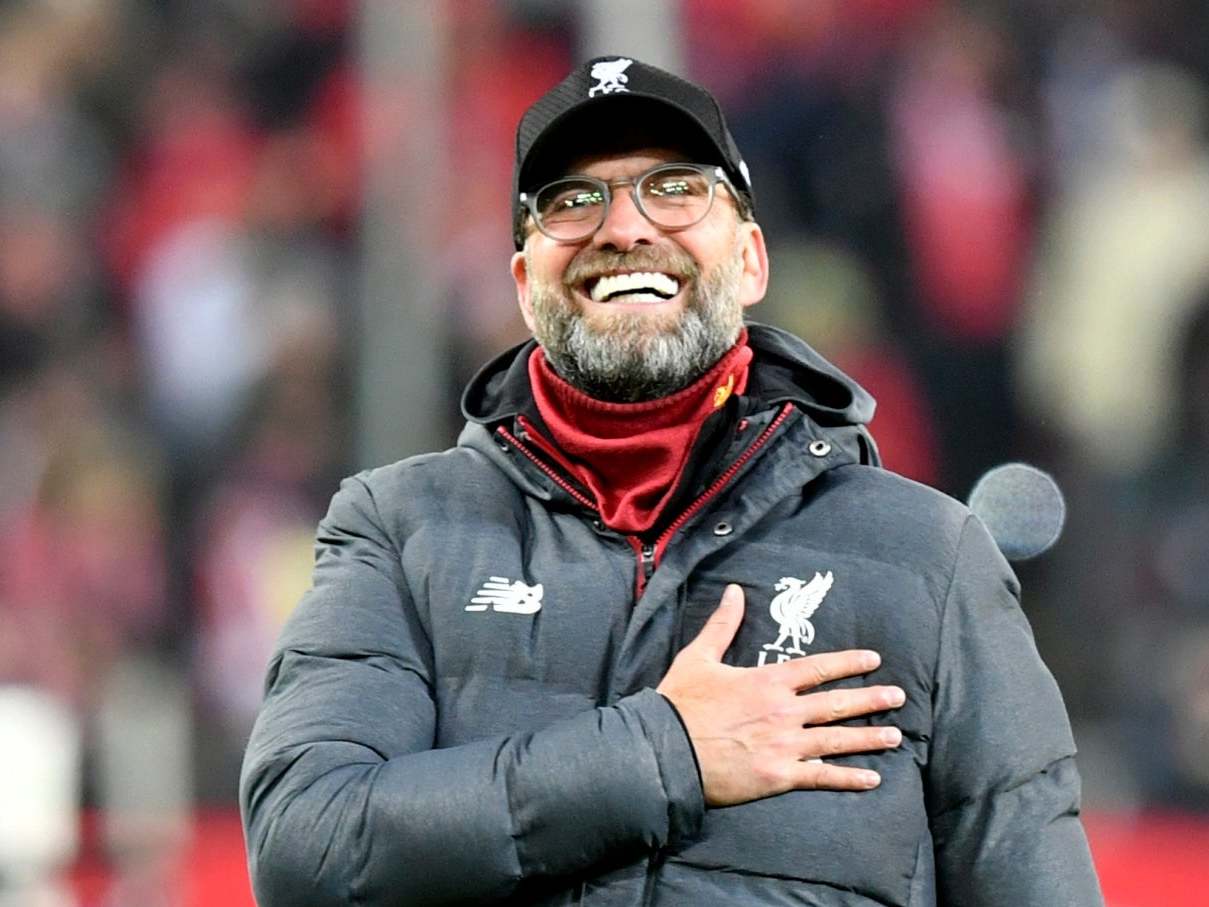The Champions League is already a European ‘Super League’ – but that doesn’t make it any less unpredictable
Sixteen teams remain from the five big leagues across Europe – but the knockout stages bring with it ties that can be decided in the blink of an eye, let alone 180 minutes

As all of the Champions League qualifiers now look to what’s next, and potential dates with history, it is worth reflecting on what’s happened and a genuine landmark in history – if not quite such a glorious one.
This is the first time ever that the entirety of the last 16 has been made up solely of clubs from the five major leagues. It’s impossible not to feel it’s the depressingly inevitable consequence of the ongoing manipulation of the competition structure towards the wealthiest, and that it adds to the sense of samey-ness about the knock-out rounds.
There aren’t too many potential fixtures we haven’t seen before, and that’s even allowing for debutants at this level like RB Leipzig and Atalanta.
And yet the true irony of this still great competition is that it is in that very samey-ness that lies the most sensationally entertaining unpredictability and – perhaps less ironically, given how loaded upwards it all is – the highest level of sport today. That's what it's geared towards.
It similarly means the group stage has even less meaning, because the “realities” and truths of the pre-Christmas period can be rendered irrelevant in one moment of knock-out mayhem after Christmas – let alone the 180 minutes of an entire tie.
Consider Paris Saint-Germain. They look the favourites and the strongest team in the competition, all the more so because they are driven by this greater motivation to finally win it. Except all of that was exactly true last year, only for it to mean absolutely nothing amid the glorious chaos of the last minute of that last-16 game against Manchester United.
Then there’s Manchester City. Compared to the form of Pep Guardiola’s other seasons at the club, his side have never looked further away from winning the Champions League. But then looking like the best team in Europe didn’t make much difference in the past, and it is possible that it is precisely their current problems that means this season falls well for them.
February’s resumption of the competition will see the return of key players like Aymeric Laporte and Leroy Sane, with enough football behind them by then so they’re fighting fit for it, perhaps bolstered by new signings and a sense they have to make this campaign count. The league struggles could suddenly prove a strength, as has been the case for many new European champions over the past two decades.
On the other hand, it could all just increase the pressure, and that on a manager and team who seem to have developed a distinctive neuroses about this competition.
Will their great English rivals Liverpool, meanwhile, be distracted by their own domestic sense of destiny, or released by it? And what of Lionel Messi’s own deep urge to at least win this competition once more with Barcelona? While he's there, anything is possible. Much like the last 16 as a whole.
Is Cristiano Ronaldo meanwhile really past his best, given his comparatively poor record with Juventus? They look like they can be got at, and don't inspire the same dread. Much like Bayern Munich. However, as with City, this is much like many previous European champions. Consider Chelsea in 2012 and so many Real Madrids.
These are all the elements and variables that so elevate and enliven these knockout stages – and make it so enthrallingly uncertain.
Perhaps the only way to look it at this point is what winners you’d instinctively most want and what runners-up you’d least want. In which case, it would look something close to the following.
Group winners you’d most want: Valencia, RB Leipzig, Bayern Munich, Juventus, City, Barcelona, PSG, Liverpool.
Runners-up you’d least want: Real Madrid, Spurs, Atletico Madrid, Chelsea, Borussia Dortmund, Napoli, Atalanta, Lyonnais.

Again, some of this will be significantly changed by the amount of football that will be played between now and February.
Still, it feels like a few truths can be stated. A Tottenham Hotspur now fired by a revitalised Jose Mourinho will be a huge danger, especially given his capacity to manage one-off matches and knockout ties. Few will want to face them. Chelsea meanwhile feel a little too open for this stage of the competition, particularly given the abundance of tactical intrigue.
But then, again, the knockout stages have had a recent trend for exploding tactical intrigue and almost creating free-for-alls. That’s what happens when there are so many clubs of such immense resources, where you reach a critical mass of wealth.
It is worthy of huge criticism of the competition, and the source of some of its most enjoyable qualities. It's also pretty much all that can be gleaned right now: that the entirely predictable is set to become the very unpredictable.
Join our commenting forum
Join thought-provoking conversations, follow other Independent readers and see their replies
Comments
Bookmark popover
Removed from bookmarks